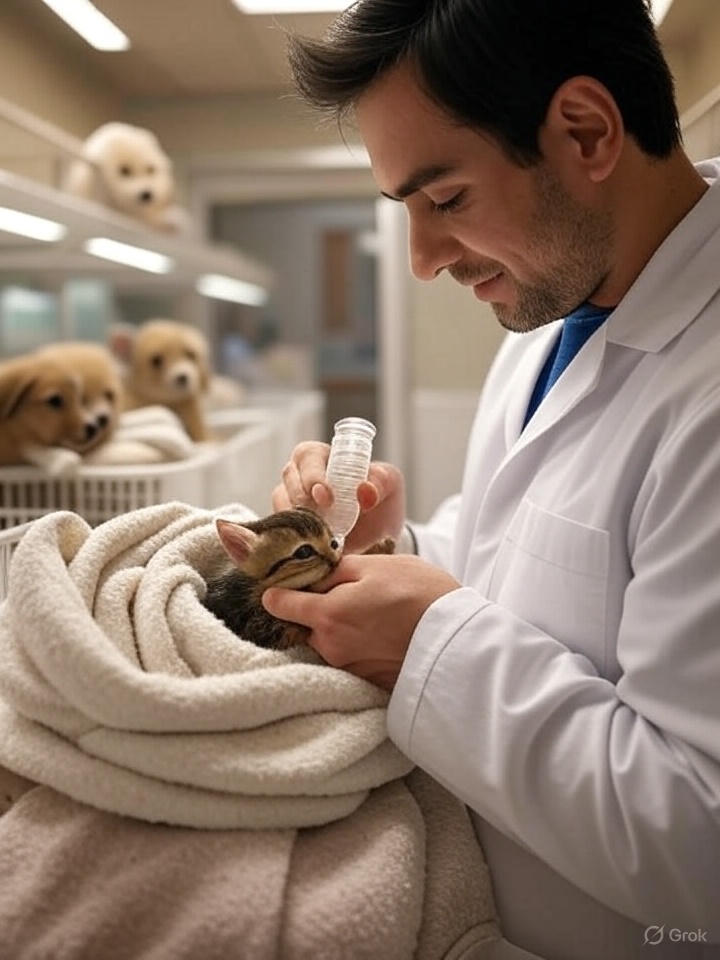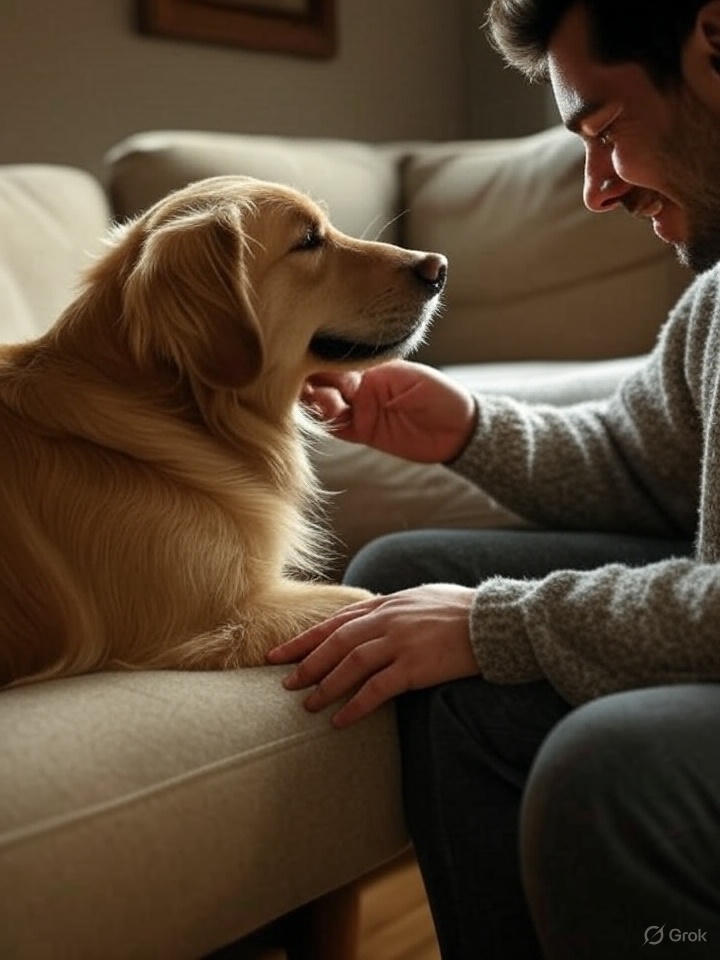The loss of a beloved pet is one of life’s most profound heartbreaks. When our furry, feathered, or scaled companions pass away, we’re left grappling with intense grief and the age-old question: “Where do pets go when they die?” This comprehensive guide explores various perspectives on pet afterlife, the grieving process, and how to honor your pet’s memory while finding peace during this difficult time.
Understanding Pet Loss and Grief
The Unique Bond Between Humans and Animals
The relationship between humans and their pets transcends the typical owner-animal dynamic. According to the American Veterinary Medical Association, pets become integral family members, providing unconditional love, companionship, and emotional support. This deep bond explains why pet loss can be as devastating as losing a human loved one.
Whether you’re caring for an exotic pet like an axolotl or a traditional companion like a dog or cat, the emotional investment remains profound. The daily routines, shared experiences, and wordless communication create an irreplaceable connection that makes their absence deeply felt.
The Science of Pet Grief

Research published in the Journal of Mental Health Counseling indicates that pet grief follows similar patterns to human bereavement. The stages include denial, anger, bargaining, depression, and acceptance. Understanding these stages can help pet owners navigate their emotional journey more effectively.
Many pet owners experience what psychologists call “disenfranchised grief” – a form of loss that society doesn’t always recognize as legitimate. This can make the healing process more challenging, as friends and family may not understand the depth of your pain.
Religious and Spiritual Perspectives on Pet Afterlife
Christianity and Pet Afterlife
Christian perspectives on pet afterlife vary significantly among denominations and individual believers. Some find comfort in biblical passages that suggest all of God’s creatures have value and purpose. For those seeking spiritual guidance during this time, tools like the Bible Verse Generator can help find relevant scriptures about comfort, love, and God’s creation.
Traditional Christian Views:
- Some denominations teach that only humans have souls and thus only humans experience afterlife
- Others believe that God’s love extends to all His creations
- Many Christians find comfort in passages like Ecclesiastes 3:19-21, which discusses the spirit of animals
Progressive Christian Interpretations:
- Increasing number of Christian theologians suggest that God’s love includes all creatures
- Pope Francis has indicated that all creatures go to heaven
- Many Christians believe in a “Rainbow Bridge” concept where pets wait for their owners
Other Religious Perspectives
Hinduism and Buddhism:
- These religions generally accept that animals have souls and can be reincarnated
- The concept of karma applies to all living beings
- Animals may be reborn into different forms based on their actions and spiritual development
Indigenous Spiritual Beliefs:
- Many Native American traditions view animals as having spirits equal to humans
- Animals are often seen as guides and teachers in the spiritual realm
- The concept of all creatures being connected through the Great Spirit
Islam:
- Islamic teachings suggest that animals will be resurrected on Judgment Day
- Animals are considered part of Allah’s creation and deserve compassion
- Some interpretations suggest animals have their own form of paradise
Scientific and Secular Perspectives
The Biological Reality
From a purely scientific standpoint, death represents the cessation of biological functions. The body returns to the earth, contributing to the cycle of life through decomposition. This perspective, while not offering the comfort of an afterlife, emphasizes the pet’s lasting impact on the ecosystem and the memories they leave behind.
The Power of Memory and Legacy
Secular approaches to pet loss often focus on the lasting impact of the relationship. Your pet’s influence on your life, the lessons they taught you, and the love you shared continue beyond their physical presence. This perspective emphasizes celebration of life rather than mourning death.
Psychological Aspects of Pet Afterlife Beliefs
Why We Need to Believe
Psychologists suggest that beliefs about pet afterlife serve several important functions:
- Comfort and Healing: Believing in an afterlife provides emotional comfort during grief
- Meaning-Making: It helps us make sense of loss and find purpose in suffering
- Continuity: The belief maintains a sense of ongoing relationship with the deceased pet
- Hope: It offers hope for eventual reunion
The Rainbow Bridge Phenomenon
The “Rainbow Bridge” poem has become one of the most popular concepts in pet loss culture. This beautiful narrative describes a meadow where pets wait for their owners, free from pain and suffering. While not based on any specific religious doctrine, it provides comfort to millions of grieving pet owners worldwide.
Coping Strategies for Pet Loss
Immediate Grief Support
Allow Yourself to Grieve: The first step in healing is acknowledging that your grief is valid and necessary. Don’t let anyone minimize your loss or rush your healing process.
Seek Support:
- Join pet loss support groups (online or in-person)
- Consider professional counseling
- Talk to understanding friends and family members
- Connect with your veterinarian, who may offer grief counseling resources
Create a Memorial:
- Hold a memorial service for your pet
- Create a photo album or scrapbook
- Plant a tree or flowers in their memory
- Commission a custom portrait or sculpture
Long-term Healing Approaches
Maintain Routines: While it’s important to adjust routines that centered around your pet, maintaining other daily structures can provide stability during this turbulent time.
Channel Your Grief Positively:
- Volunteer at animal shelters
- Donate to animal welfare organizations
- Help other pet owners going through similar experiences
- Advocate for better animal care and rights
Consider Professional Help: If your grief becomes overwhelming or interferes with daily functioning, consider seeking help from a therapist who specializes in pet loss or bereavement counseling.
Modern Technology and Pet Memory Preservation
Digital Memorials and Online Communities
The internet has revolutionized how we memorialize our pets and connect with others experiencing similar losses. Online memorial sites, social media groups, and digital photo albums allow us to preserve memories and share our grief with understanding communities.
For those wanting to create lasting digital memorials, using tools like the Fancy Text Tool can help design beautiful tributes with decorative fonts and special formatting that honor your pet’s memory in a unique way.
Virtual Reality and Future Possibilities
Emerging technologies like virtual reality may soon offer new ways to preserve and interact with memories of deceased pets. While still in early stages, these technologies could provide unprecedented opportunities for healing and remembrance.
When to Consider a New Pet
The Right Time
There’s no universal timeline for when it’s appropriate to welcome a new pet into your life. Some people need months or years to heal, while others find comfort in providing a home to another animal relatively quickly. Consider these factors:
- Your emotional readiness
- Your family’s feelings
- Practical considerations (time, money, space)
- Whether you’re seeking a replacement or a new relationship
Honoring Your Previous Pet’s Memory
When you do decide to welcome a new pet, it’s important to honor your previous pet’s memory while allowing the new animal to develop their own unique relationship with you. Avoid comparing the new pet to your deceased companion, and instead appreciate them for their individual personality and needs.
Practical Considerations After Pet Death
Body Disposition Options
Burial:
- Home burial (check local regulations)
- Pet cemetery burial
- Natural burial grounds
Cremation:
- Individual cremation (ashes returned)
- Group cremation (ashes scattered)
- Aquamation (water cremation – environmentally friendly)
Body Donation:
- Veterinary schools for education
- Research institutions
- Some facilities offer memorial services
Legal and Administrative Tasks
- Cancel pet insurance policies
- Update veterinary records
- Remove pet from municipal licenses
- Update emergency contact information
- Notify pet identification services (microchip companies)
Financial Considerations
Pet loss can come with unexpected expenses, from final veterinary bills to memorial costs. Using financial planning tools like the Trade Analyzer can help you understand and plan for these expenses, ensuring you can focus on grieving rather than financial stress.
Supporting Others Through Pet Loss
What to Say and Do
Helpful Responses:
- “I’m sorry for your loss”
- “Tell me about [pet’s name]”
- “What can I do to help?”
- Share positive memories of the pet
- Offer practical support (meals, pet sitting for surviving pets)
What to Avoid:
- “It was just a pet”
- “You can get another one”
- “At least they’re not suffering”
- Rushing the grieving process
- Making assumptions about their beliefs
Professional Support Resources
According to the American Psychological Association, pet loss counseling is a growing field with specialized therapists trained to help people navigate this unique form of grief. Many veterinary schools and hospitals also offer pet loss hotlines and support groups.
The Science of Human-Animal Bonds
Neurological Connections
Recent neuroscience research has revealed that interactions with pets trigger the release of oxytocin, dopamine, and serotonin – the same chemicals involved in human bonding and love. This scientific evidence validates what pet owners have long known: the relationships we form with our animals are neurologically real and significant.
Evolutionary Perspectives
From an evolutionary standpoint, humans have co-evolved with animals for thousands of years. This long history has created deep-seated neurological and emotional pathways that explain why pet loss feels so profound. Our brains are literally wired to form these important interspecies bonds.
Cultural Variations in Pet Loss
Western Perspectives
In Western cultures, pets are increasingly viewed as family members, leading to more recognition of pet loss as legitimate grief. The pet funeral industry has grown significantly, with options ranging from simple cremations to elaborate memorial services.
Eastern Perspectives
Many Eastern cultures have long recognized the spiritual significance of animals. In countries like Japan, pet cemeteries and memorial services are common, often incorporating traditional spiritual practices adapted for animal companions.
Indigenous Wisdom
Indigenous cultures worldwide often have rich traditions regarding animals and death that can offer comfort to grieving pet owners. These traditions typically emphasize the interconnectedness of all life and the continuation of spirit beyond physical death.
Moving Forward: Life After Pet Loss
Rebuilding Your Life
Recovery from pet loss doesn’t mean forgetting your beloved companion. Instead, it involves learning to carry their memory in a way that enriches rather than burdens your life. This process often includes:
- Finding new routines that honor your pet’s memory
- Discovering ways to help other animals in need
- Opening your heart to new relationships (both human and animal)
- Integrating the lessons your pet taught you into your daily life
The Ongoing Relationship
Many pet owners find that their relationship with their deceased pet doesn’t end with death – it transforms. Through dreams, memories, and continuing bonds, the love you shared continues to influence your life in positive ways.
Conclusion: Finding Peace in the Unknown
The question “Where do pets go when they die?” may never have a definitive answer, but perhaps that’s not the most important thing. What matters is the love you shared, the lessons learned, and the ways your pet’s life enriched yours and others.
Whether you find comfort in religious beliefs about pet afterlife, scientific understanding of life cycles, or simply in the enduring power of love and memory, the most important truth is that your pet’s impact on your life continues beyond their physical presence.
The journey through pet loss is deeply personal, and there’s no right or wrong way to grieve or believe. What matters is finding peace, honoring your pet’s memory, and eventually opening your heart to love again – whether that’s through helping other animals, forming new relationships, or simply carrying forward the lessons your beloved companion taught you.
In the end, perhaps the most beautiful answer to where pets go when they die is this: they go wherever love goes, living forever in the hearts and memories of those who loved them most.
Additional Resources
- Pet Loss Support Hotline: 1-855-352-7574
- Association for Pet Loss and Bereavement: aplb.org
- Rainbow Bridge Memorial: rainbowsbridge.com
- Pet Loss Grief Support: petloss.com
Remember: Grief is a natural and necessary process. Be patient with yourself, seek support when needed, and know that the love you shared with your pet will always be a part of who you are.




